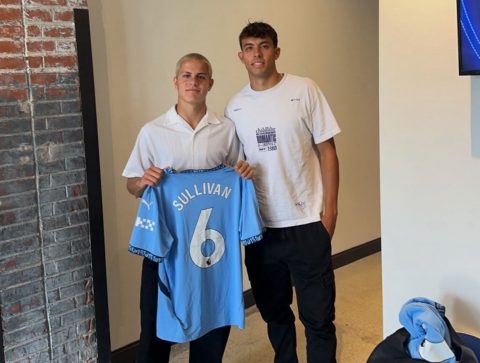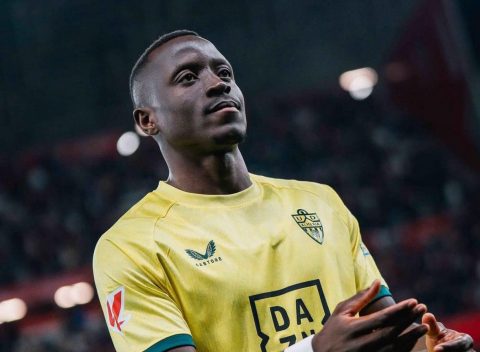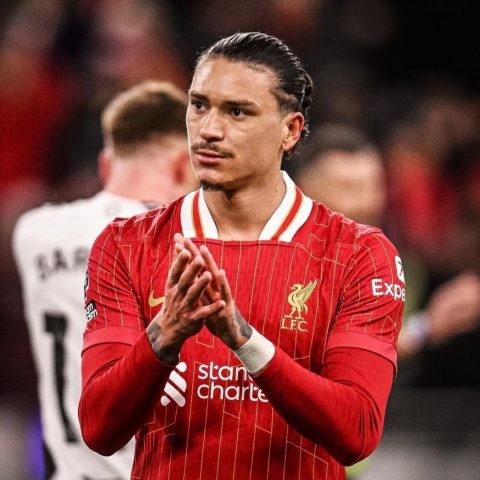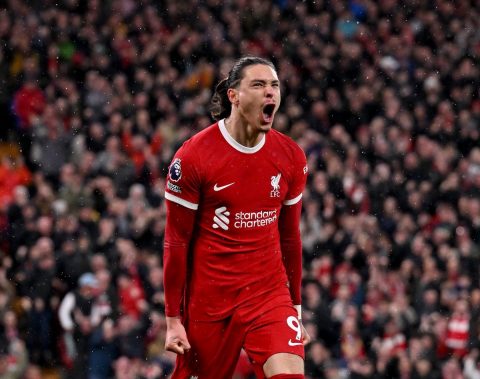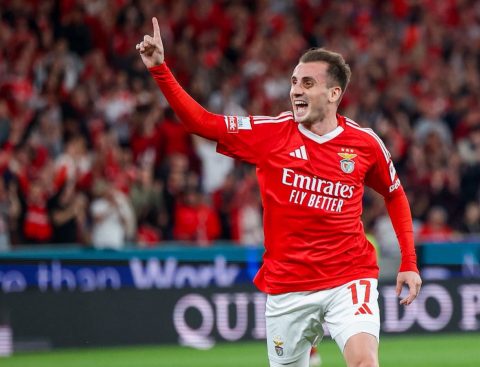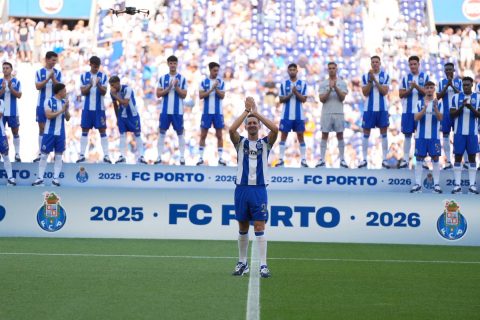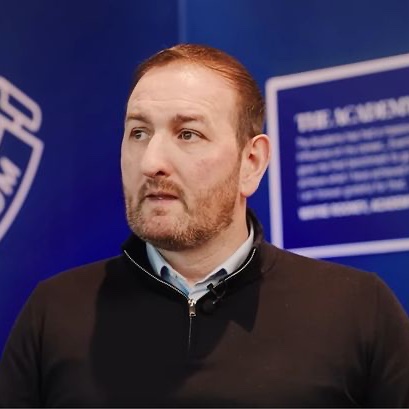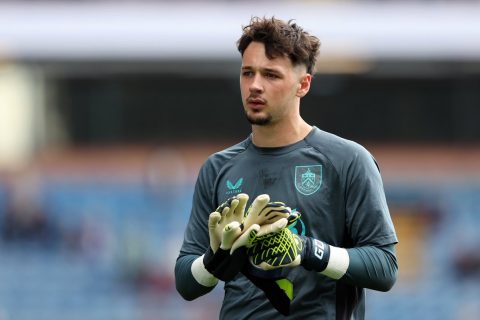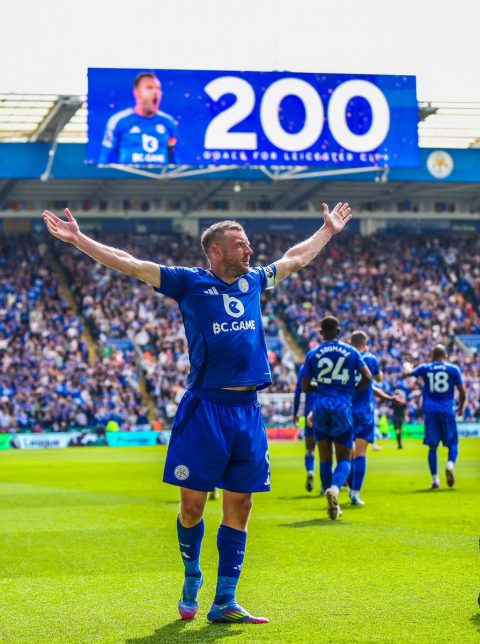Everton’s Director of Football, Kevin Thelwell, recently opened up about the club’s financial landscape, revealing the necessity behind their modest spending in recent transfer windows. Despite being outspent by virtually all competitors in the Premier League, Thelwell remains pragmatic, emphasizing the need for fiscal responsibility amidst challenging circumstances.
Financial Realities at Everton
Since joining Everton, Kevin Thelwell has been tasked with handling the club’s finances during a particularly austere period. The Merseyside club has only spent £145 million on player acquisitions across six transfer windows over the last three years. During the same time frame, the club recouped £226 million from player sales. Such statistics underline the financial prudence enforced at the club against a backdrop of limited resources.
The Stark Spending Contrast
Undoubtedly, Everton’s financial strategy contrasts sharply with many of their Premier League rivals who have indulged in hefty spendings to strengthen their squads. The club’s restraint in the transfer market raises questions about their competitiveness in the league but underscores an unwillingness to jeopardize financial stability. Thelwell’s statement, “It’s not a badge of honour to say we’re being outspent by everyone in the league, but it’s a necessity,” paints a truthful picture of their current fiscal imperatives.
Strategic Spending or Constraint?
Thelwell’s approach may be a hard pill to swallow for Everton supporters yearning for marquee signings to boost the team’s fortunes. Yet, the director is clear-hearted in his conviction that prioritizing financial health over lavish expenditure is crucial. His plans involve measured spending that minimises risks while aiming for sustainable progress on the pitch.
Operating Within Limits
The focus has been on acquiring young talents or undervalued players who might blossom into valuable assets for Everton. This strategy has its roots in necessity rather than preference, given the current economic conditions of the club. This approach, however, demands patience from fans and stakeholders alike, as building a robust team under such financial constraints is no quick fix.
Future Prospects for Everton
Despite these challenges, Everton remains focused on long-term planning, hoping eventually to return to consistent form and competitive stature within the league. This ongoing effort, led by Thelwell, requires tactical precision in the transfer market and a deeper reliance on developing home-grown talents from their academy.
Impact on Performance
Financial limitations may currently affect Everton’s performance on the field, but Thelwell’s believes that this approach will bear fruit in the long run. As the Premier League continues to be fiercely competitive, a strong financial footing could eventually prove advantageous in navigating football’s ever-evolving landscape.
The club’s management aims at building not just for the present, but for a sustainable future where financial prudence and competitive ambition coalesce to deliver results.
